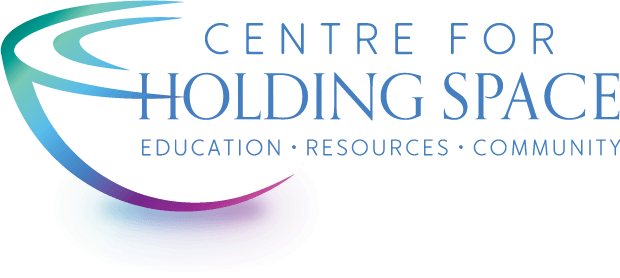by Heather Plett
Two weeks ago, I facilitated a retreat in Costa Rica, and our last session before wrapping up was focused on joy. We talked about how tenderness and liberation lead us toward joy and how that joy can sustain us even when pain and suffering come.
Joy is the theme on which I intentionally end almost every retreat I facilitate now. Usually it also involves some dancing and hugging, because when a group of retreat participants are focused on joy, especially if they’ve already built meaningful relationships with other people at the gathering, they can’t resist including their bodies in that joy.
It wasn’t always that way. In my earlier retreats, we spent more time in the heavy stuff and I didn’t always remember the importance of joy. That’s at least partly because I hadn’t worked through some of the trauma and social conditioning that kept me in a “life is serious” paradigm. But the older I get and the more I practice tenderness and liberation, the more I understand the importance of orienting our lives toward joy.
Last week, after the retreat was over, I watched the film Mission: Joy (on Netflix), where the Dalai Lama and Archbishop Desmond Tutu are in conversation about finding happiness in troubled times. The book that emerged from the same conversation, The Book of Joy, had a significant impact on me a few years ago and the film added a new layer because of the way the two men giggled their way through much of the conversation. If you want to see two people who have been through considerable hardship and yet have found a way to orient their lives toward joy (and friendship), watch this film. They are two of the most playful joy-filled people you’ll ever have a chance to witness.
As the two men teach, joy isn’t just for times when life is easy – it’s especially important when life is hard and, because of their own pain and self-loathing, people try to steal your joy. In 1989, a journalist asked His Holiness the Dalai Lama, “After the massive destruction the Chinese communist government has wreaked on your country and people, why aren’t you angry? How can you tell the Tibetan people to have compassion for their oppressors?” His Holiness responded, “What good would it do to be angry? If I got angry, then I wouldn’t be able to sleep at night or eat my meals peacefully. I’d get ulcers, and my health would deteriorate. My anger couldn’t change the past or improve the future, so what use would it be?” (from the book Working with Anger, by Thubten Chodron)
In the film, the Dalai Lama credits his mindfulness practices for helping him live a life of joy instead of anger. He is able to let his anger and pain pass, not because he has super-human spirituality, but because he detaches from it while intentionally choosing joy.
I have to admit, there were times in the film when I thought that what the Dalai Lama was saying sounded like spiritual bypassing (stifling negative emotions and trying to transcend the pain in life by being especially spiritual), but there is definitely something valuable in what he shares. If we can hold space for our pain and suffering while not getting attached to it or turning it into a victim narrative (that we get trapped in), we can ground ourselves in joy even when life is hard. I know how hard that can be (especially for trauma survivors), but I also know how much it can shift the outcome of your life.
Another person who understands this is holocaust survivor and psychologist Edith Egers. “Here you are!,” she says, in her book The Choice: Embrace the Possible. “In the sacred present. I can’t heal you—or anyone—but I can celebrate your choice to dismantle the prison in your mind, brick by brick. You can’t change what happened, you can’t change what you did or what was done to you. But you can choose how you live now. My precious, you can choose to be free.”
I love the invitation at the end of that quote – you can choose to be free. How much suffering might we be able to avoid if we choose to be free? How much can we lighten our own loads if we choose to orient ourselves toward joy instead of suffering? It doesn’t necessarily mean that we will live lives of ease or that our trauma will magically disappear or that systems of oppression will no longer harm us, but if we can giggle together the way that the Dalai Lama and Archbishop Desmond Tutu did toward the ends of their lives, then I think we’ll have done well.
*****
If you want to learn more about orienting your life toward joy, join me and my friend Mary Scholl for a free webinar on February 26th… Practicing Lightness, Freedom and Joy

